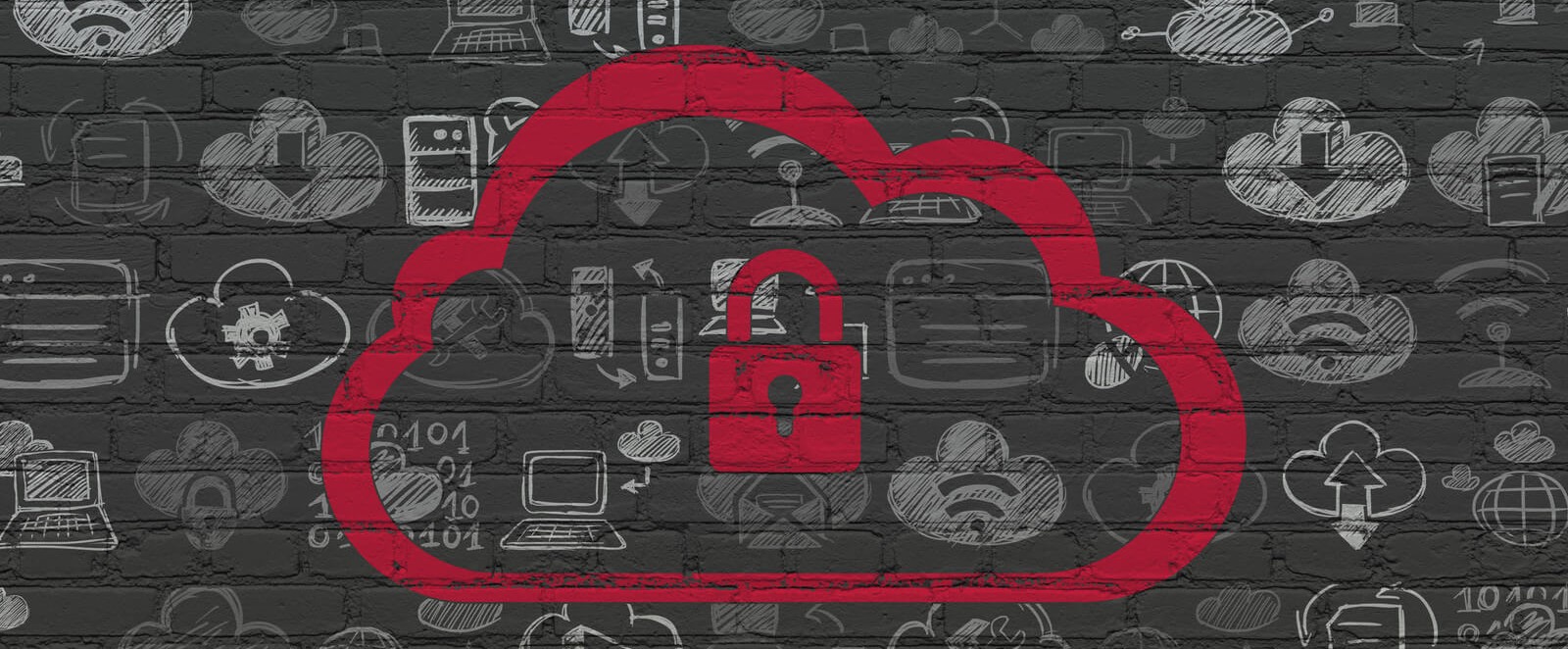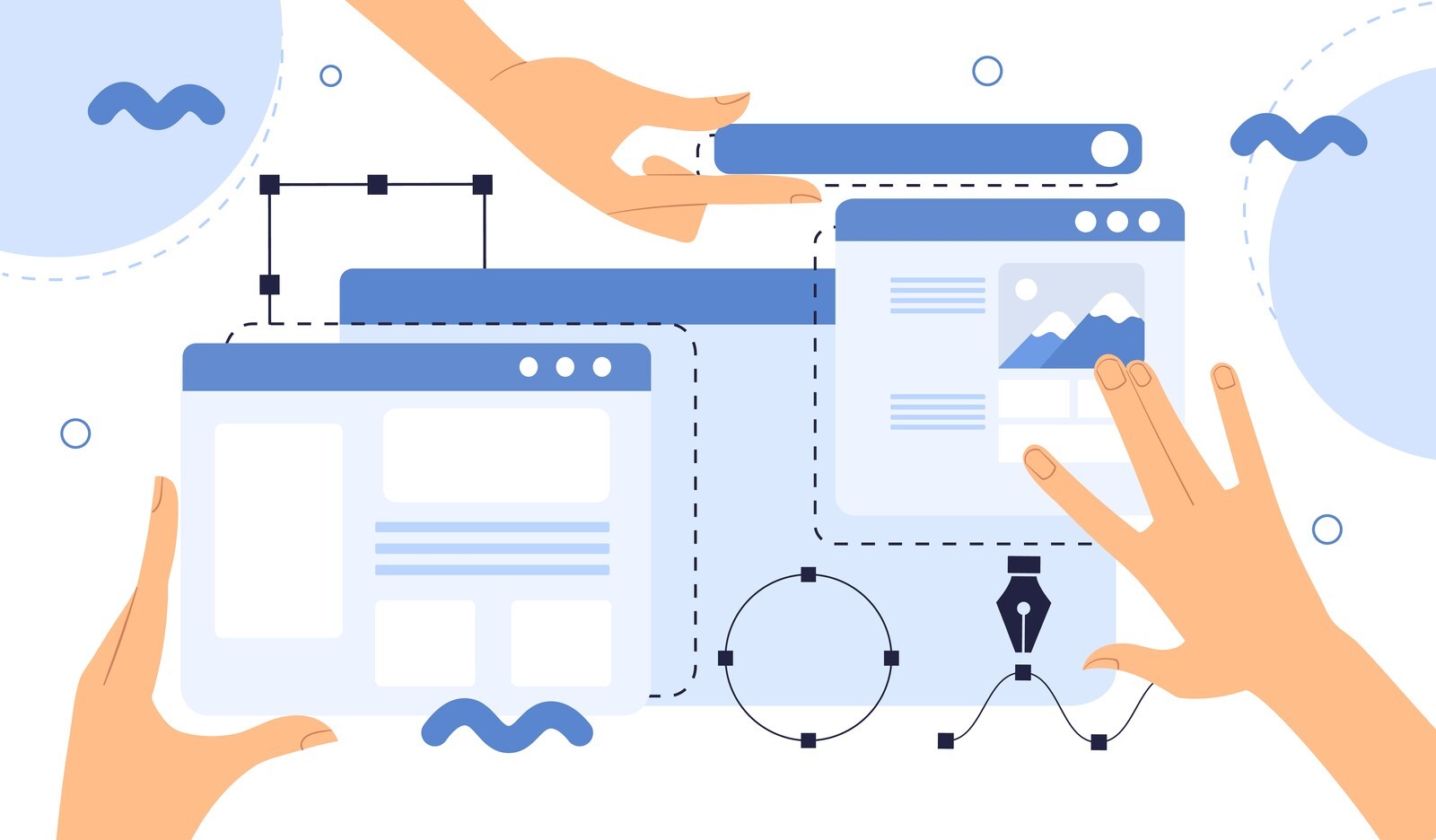Website security is no longer a luxury but an absolute necessity. With the rise in cyber threats and data breaches, securing your website has become a pivotal part of maintaining an online presence.
Not only does it protect your website's data, but it also builds trust among your users and can positively affect your search engine rankings.
The Basics of Securing Your Website
The significance of robust website security is multi-faceted, and it's more than just a defensive measure. A secure website acts as a bulwark that shields sensitive data, including personal user information such as addresses, phone numbers, and credit card details, and other transactional information. The secure handling of this data is not just a matter of ethical business conduct, but it's also often a legal requirement under data protection laws.
In the face of cyber threats, a secure website acts as a fortress, protecting against malicious attacks that could tarnish your website's appearance, disrupt your services, or worse still, lead to identity theft. These malicious attacks can come in various forms, from malware injections and DDoS attacks to SQL injections and cross-site scripting.
But the implications of website security extend beyond these immediate threats. From an SEO perspective, website security is a critical factor. Search engines, such as Google, give preferential treatment to secure websites when determining search rankings. Consequently, a compromised website can suffer severe penalties, including being blacklisted by search engines, resulting in a drastic reduction in organic traffic and visibility.
A secure website also plays an instrumental role in building and maintaining trust among your users. In an era where data breaches and cyber-attacks are prevalent, security is a top concern for users. They are more likely to interact, transact, and return to a website they perceive as secure and trustworthy. Visible security measures, like the padlock symbol indicating an HTTPS secured site, can enhance users' perception of your brand and its legitimacy.
Common Threats to Website Security
Several common threats can compromise website security:
- Malware
Short for malicious software, malware is a common threat that can steal, encrypt, or delete your data, alter your website's core functionalities, or even spy on your activities. - DDoS Attacks
Distributed Denial of Service (DDoS) attacks flood your website with traffic, making it slow or completely unresponsive. - Brute Force Attacks
These involve an attacker trying to gain access to your website by guessing your login credentials. - SQL Injections
An SQL injection is a code injection technique that could expose your database to an attacker, allowing them to view, modify, or delete your data.
Securing Your Content Management System
Content Management Systems (CMS) like Joomla, WordPress, and Drupal are widely used due to their user-friendly interfaces and extensive customization options. However, their popularity also makes them a target for hackers.
Joomla Security Measures
Joomla, with its flexible features, is a favourite among many website owners. Here's how to boost its security:
- Update Regularly
Ensure that your Joomla version, along with any extensions and templates, are up-to-date. Updates often include security patches for known vulnerabilities. - Use Strong Credentials
Implement complex usernames and passwords to protect against brute force attacks. - Enable Two-Factor Authentication (2FA)
2FA provides an extra layer of security by requiring a second form of identification. - Use Security Extensions
Joomla has a variety of security extensions that can help protect your site against threats like spam, SQL injection, and XSS attacks.
WordPress Security Measures
As one of the most widely used CMS platforms, WordPress security should be a top priority.
- Regular Updates
Similar to Joomla, it's important to keep your WordPress core, themes, and plugins updated. - Strong Credentials
Use complex usernames and passwords to protect your site. - Enable Two-Factor Authentication
This adds an additional layer of security to your login process. - Install a Security Plugin
Security plugins can scan for malware, enforce strong passwords, and provide firewalls.
Drupal Security Measures
Drupal is known for its robust security, making it a popular choice for many businesses and government organizations.
- Update and Patch
Keep your Drupal core and modules updated to ensure you're protected against known vulnerabilities. - Use Strong Passwords
Implement complex passwords to deter attackers. - Limit Module Use
Each module can introduce new vulnerabilities, so limit your use to only necessary modules. - Enable HTTPS
Secure communication between your user's browser and your website by enabling HTTPS.
Safeguarding your eCommerce Website
Running an eCommerce website involves handling sensitive customer information, making security paramount. An unsecured eCommerce site can lead to data breaches, impacting customer trust and your brand's reputation. It could also lead to financial losses and potential legal issues.
Steps to Take for eCommerce Security
- Secure Sensitive Data
Use encryption for all data transmissions, especially those involving personal or financial information. - Regularly Update and Patch Your eCommerce Platform
Whether you're using WooCommerce, Shopify, Magento, or another platform, regular updates are critical. - Implement Strong Authentication Methods
Use strong passwords and consider implementing 2FA. - Use a Secure eCommerce Platform
Choose a platform known for its robust security measures.
By understanding the specific needs of your CMS or eCommerce platform, you can take targeted steps towards securing your website and protecting your online presence.
Website security is an integral part of your digital strategy, essential for protecting sensitive data, maintaining user trust, and ensuring optimal SEO. With the increasing sophistication of cyber threats, securing your website, be it a CMS like Joomla, WordPress, Drupal, or an eCommerce platform, should be a top priority.
Website security isn't a one-time activity but an ongoing commitment. The online landscape is constantly evolving, and staying updated with the latest security measures is essential.
If you're unsure about your website's security or need assistance implementing these measures, consider reaching out to a professional. After all, the investment in securing your website now can save you from significant headaches and losses down the line.




